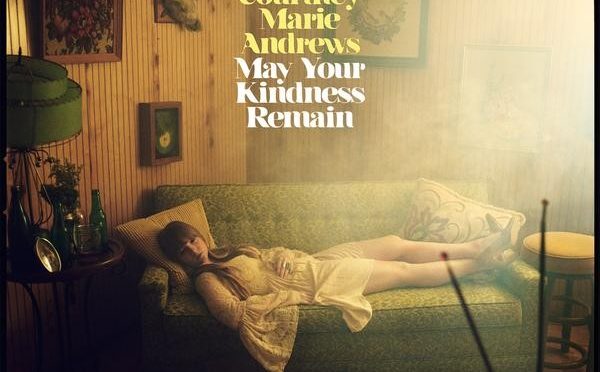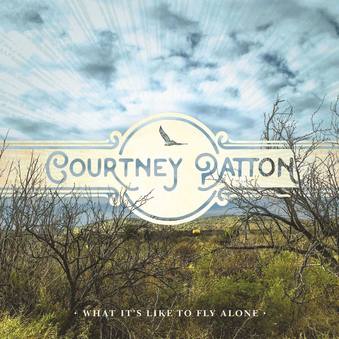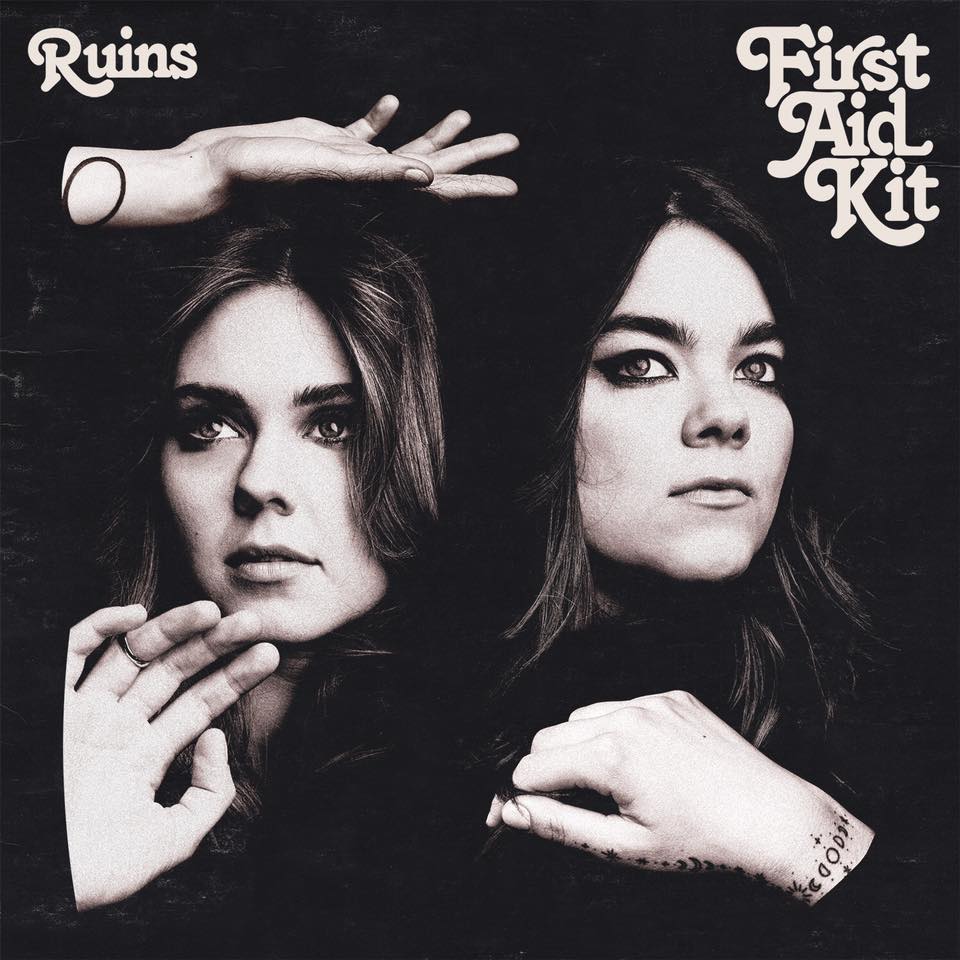Rating: 7.5/10
Rich O’Toole said yesterday (3/28) on Twitter that “the problem with country music right now is that people are listening with their eyes.” This is a problem with all of music and indeed our culture in general right now. He was probably framing the comment around mainstream listeners who aren’t paying attention to the music but rather the image of the artist, and yet this also perfectly illustrates the fact that you can’t, and shouldn’t, judge a book by its cover. It’s for that reason which I chose not to include cover art in this piece, just like with Midland. As with Midland, I know you’ve all seen–or at least have the easy ability of Googling–this album, and indeed the link at the bottom to purchase it will show you the cover in short order. It’s not that I think the cover, which will quickly explain that Trixie Mattel is the drag persona of Brian Firkus, reflects anything that Trixie should tone down; on the contrary, I saw some comments on SCM advising she remove the makeup in order to decrease the image marketing and possible shock value and perhaps reach more listeners, and to that, I would disagree. Rather, my point with this is symbolic and meant to further the most important lesson taught by this album and artist: that music, and especially country music, is meant for all, can break down all barriers and prejudices, and should be listened to without prejudgments based on well, anything.
So we put this record on without considering anything else, and we get a truly cool album. Mostly, it’s traditional, featuring lively fiddles, acoustic guitars, and some occasional horns to add some flavor. “Break Your Heart” adds some hand claps and could be considered the most modern, but that’s not really an issue except that it also suffers lyrically, but we’re getting ahead of ourselves. Even though it’s a traditional record, it’s fresh and charming, with the majority of the songs being fun, upbeat numbers. I wish most of Americana could take a lesson from this. And then, just when you think it’s all sort of light and breezy and doesn’t take itself too seriously, “Red Side of the Moon” arrives to toss that notion effectively out the window and show you that Trixie Mattel is really serious about this and can deliver a deeper, more emotional song as well.
And what an interesting way Trixie has with the English language, adding almost theatrical turns of phrase at times to create really clever bits of songwriting. Yes, an upbeat, vibrant record can also contain thoughtful songwriting…take a moment to digest this, all you artists that don’t inject life into your albums or somehow view fun as the opposite of substantive. With lines like “an hour hand moves faster with a scotch” in “Soldier” and “tell me little dear, if you only live here, did you really ever live at all?” in “Little Sister,” there are often little thought-provoking nuggets of songwriting that belie the cheerfulness of the songs. And then there’s the clever homage to songs like “Stand by Your Man,” “Ring of fire,” and “Neon Moon” in the track “The Well” which serves both to continue to establish Trixie as a lyricist and also to show that she has a knowledge and respect for the history of country music. That last is something many mainstream stars lack on an embarrassing level, or else choose to ignore, so seeing it here is encouraging.
It’s in light of this lyrical genius that “Break Your Heart” feels disappointing lyrically, because with a line like “I never meant to break your heart, but I’d do it again,” you’re a little perplexed. So Trixie didn’t mean to break this person’s heart, but given the chance, she’d do it all over? It’s confusing, and combined with the claps, it makes this song easily the weakest.
But overall, this is a really cool, fun little record. And more than that, it happily defies stereotypes in the best possible way: just by being itself and proving prejudice wrong. Things like this make more of a statement than any protest or advocacy because they break down barriers and remove ignorance. This music doesn’t preach, it just exists, and that’s really the best way to reach people. Instead of alienating an audience, this can draw listeners together in that way only music can. And as far as our beloved country music, with Trixie’s presence, it’s being carried to people who may never otherwise have heard it at all. If this record is awakening the joy in anyone for country music that I possess, I welcome it, for that love and passion is unlike anything I have experienced. And it’s that same love and passion which lives inside Trixie Mattel and comes pouring out on this record, and which ultimately defies everything else.



